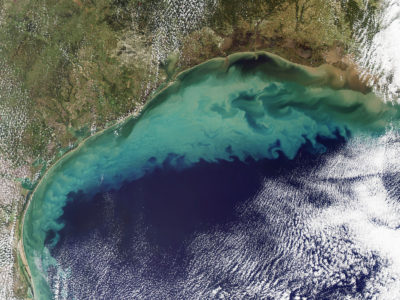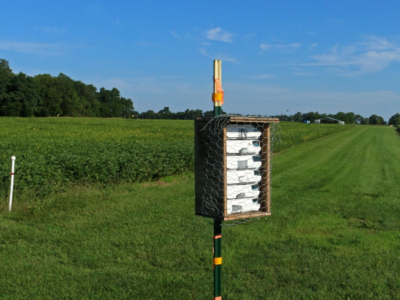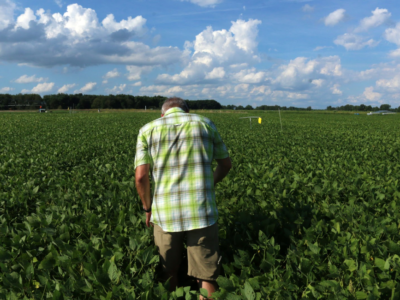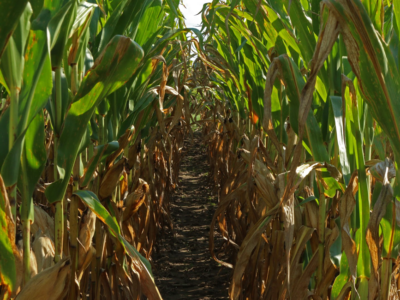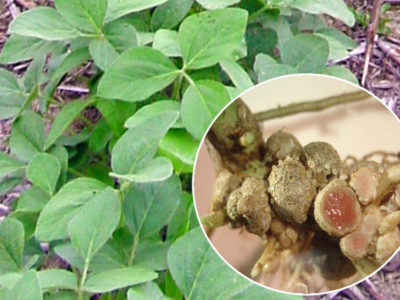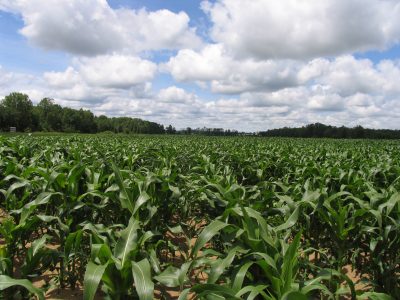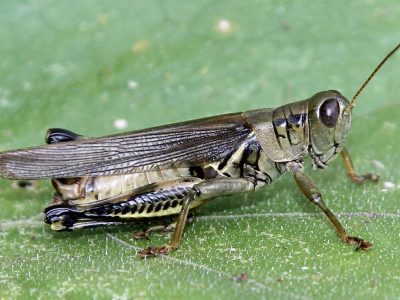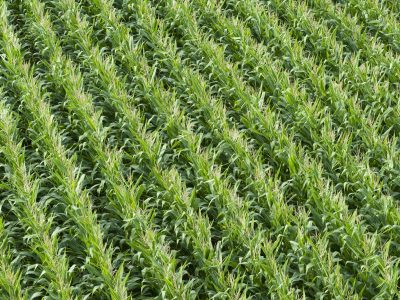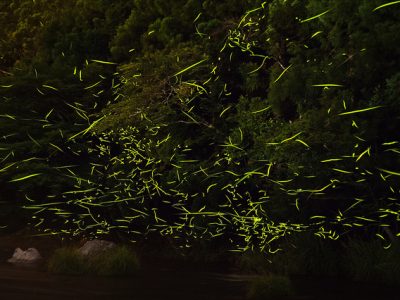Kellogg LTER Researchers Play Key Role in New Biology Integration Institute
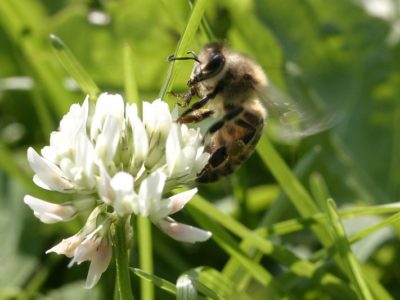
Many ecological functions depend on symbiosis, where two organisms come together to form emergent traits neither displays alone. Microbes like bacteria and viruses are often at the center of these interactions. A new $12.5M National Science Foundation (NSF) grant will fund an ambitious endeavor to synthesize biological data across several disciplines to study the role… Read more »

